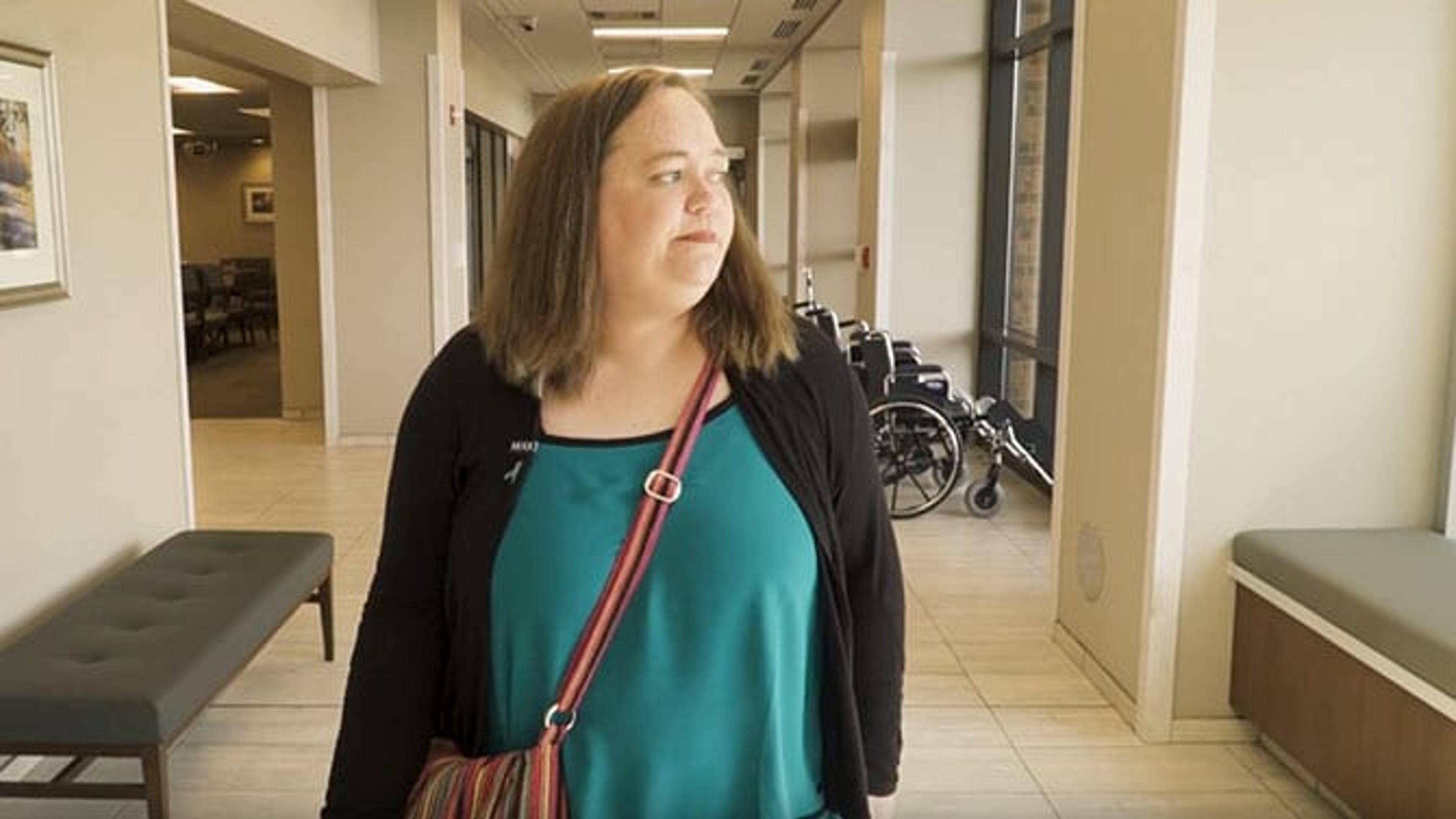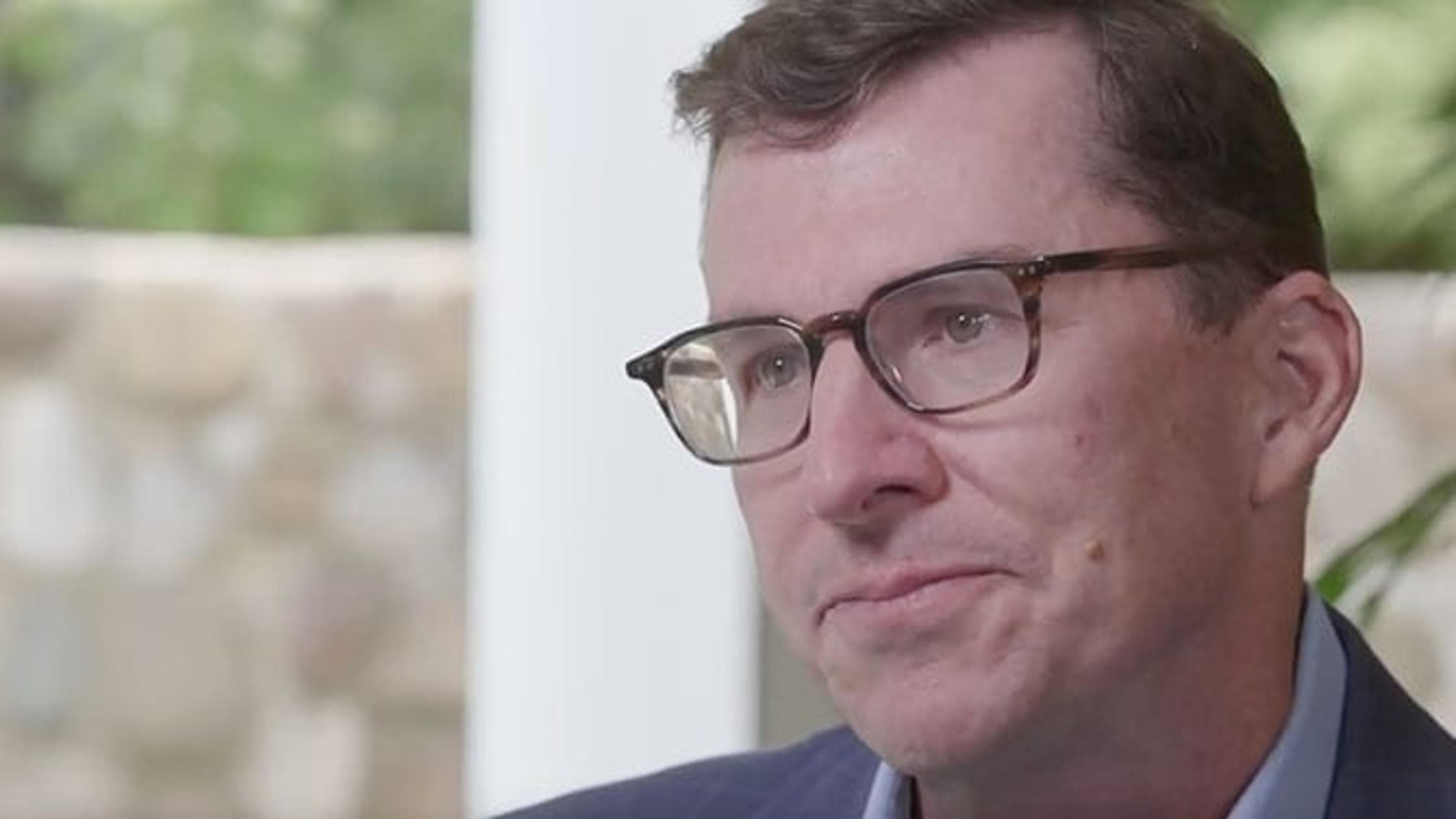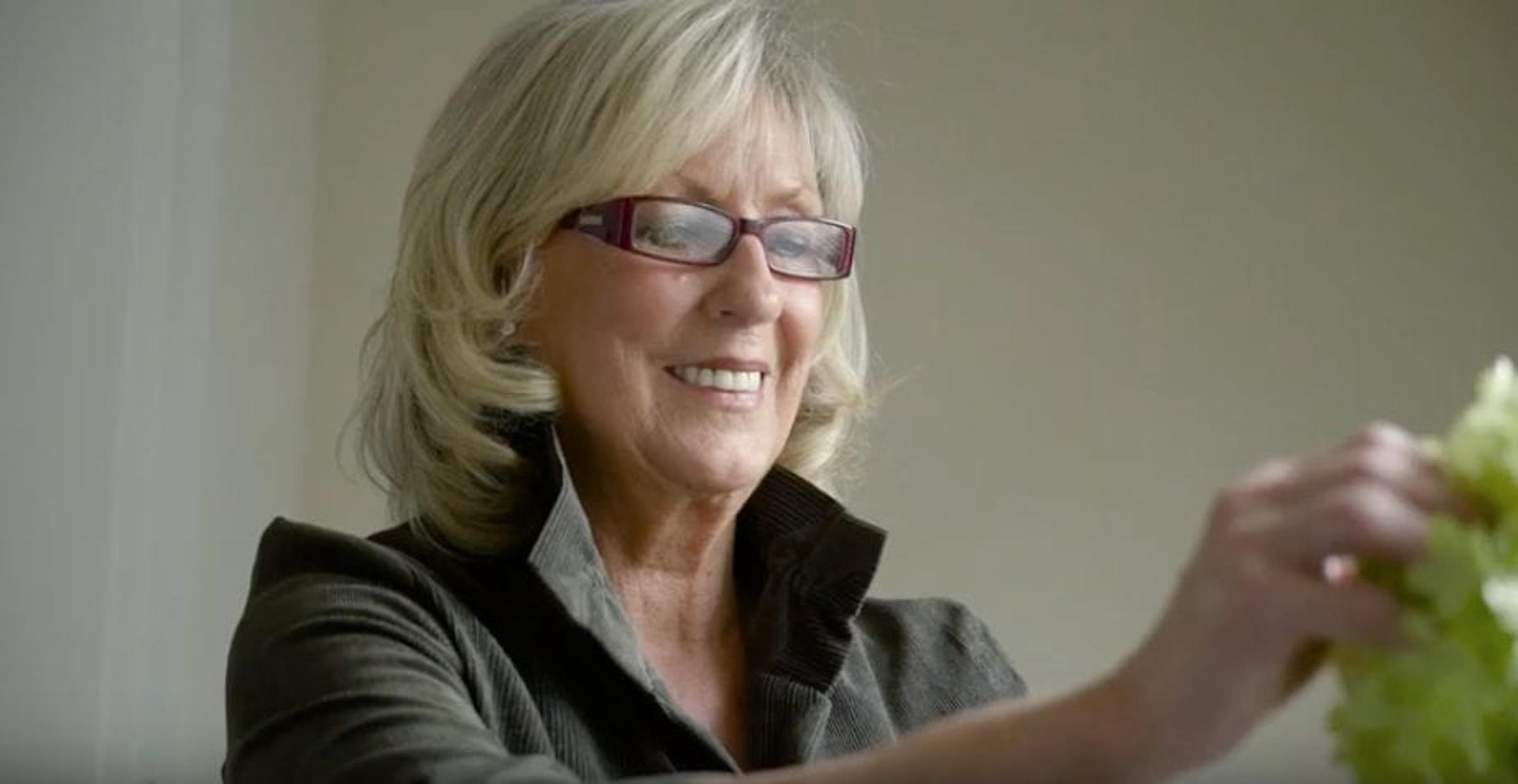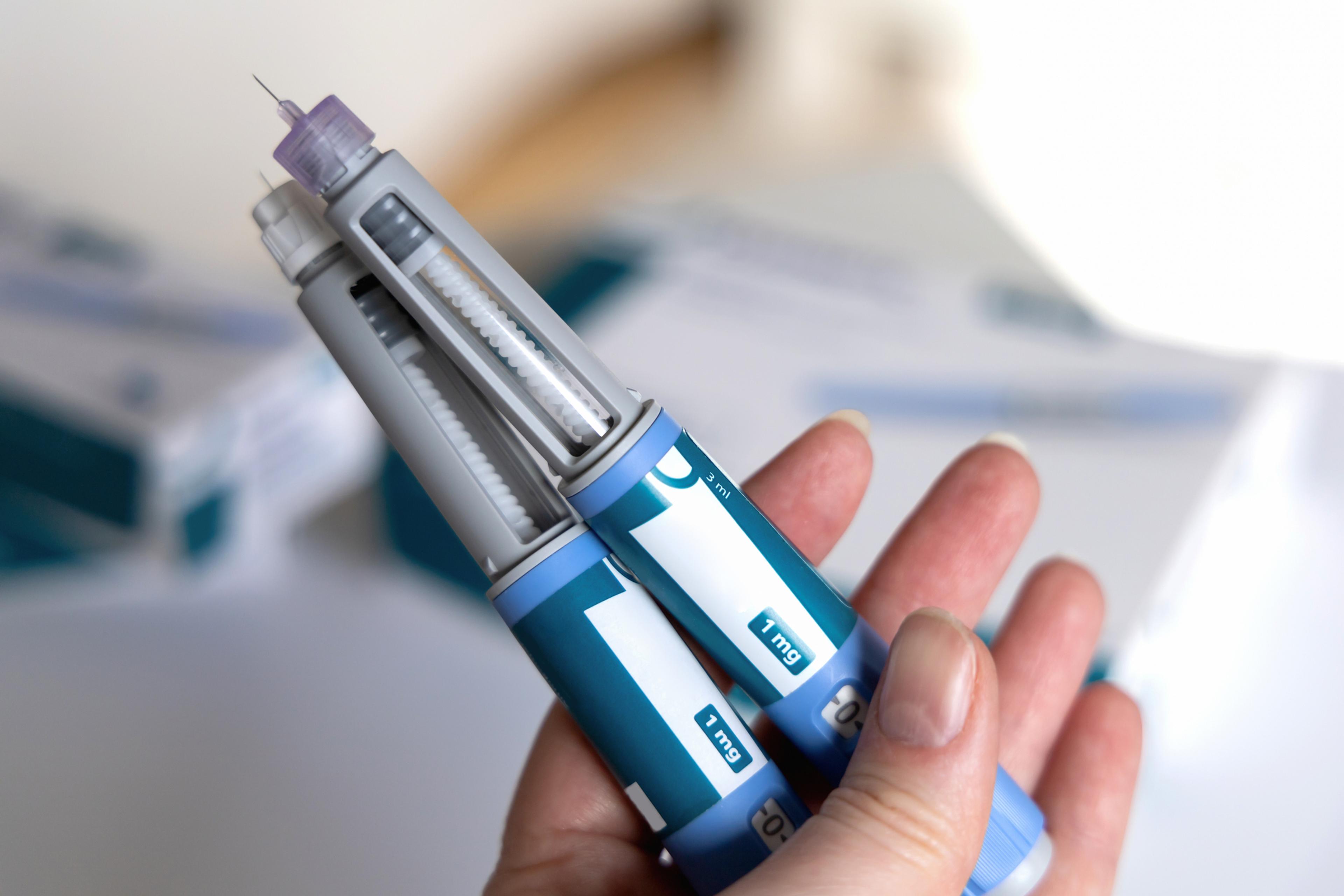The Road to Recovery: Stopping is Only the Start
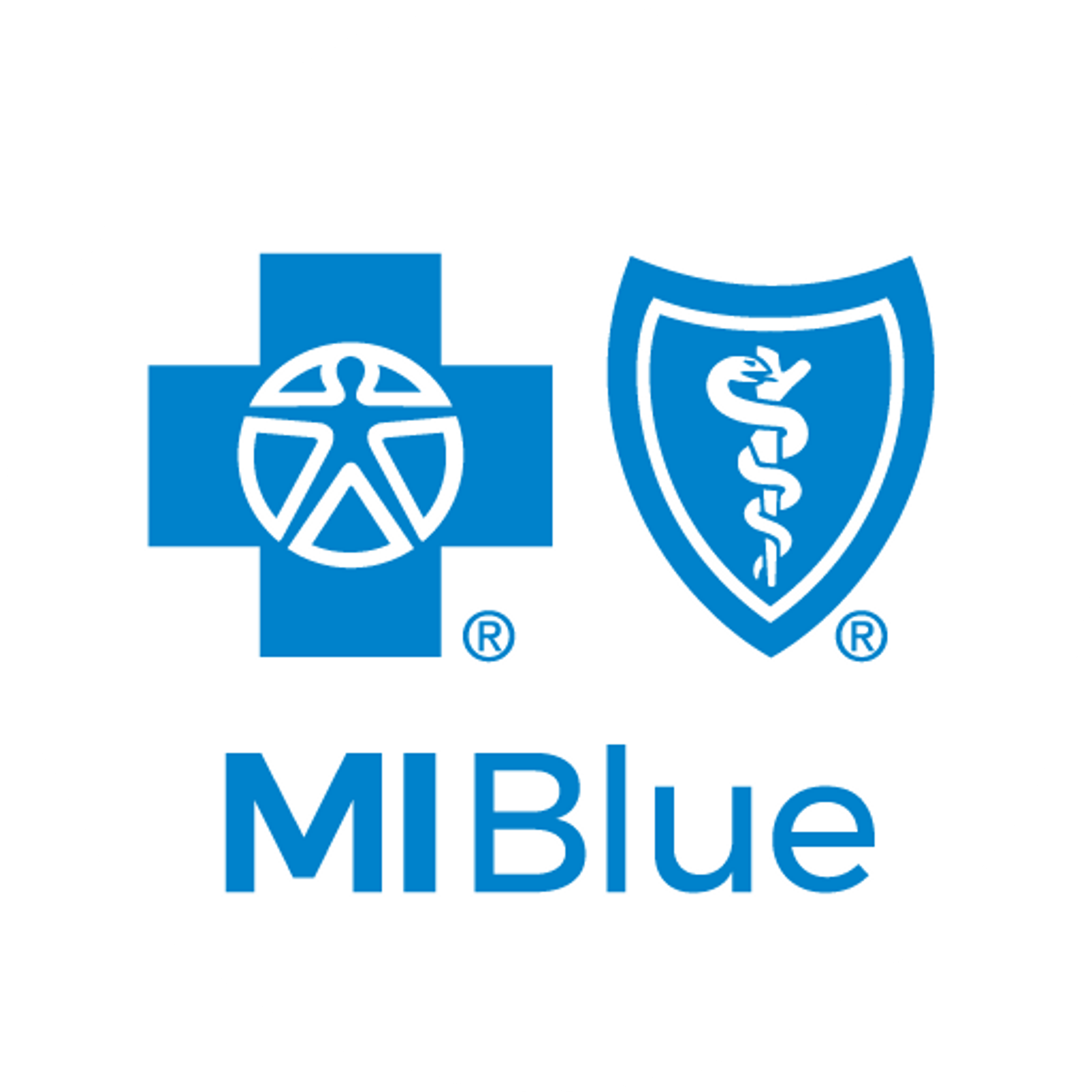
Blues Perspectives
| 3 min read

Maybe you or a loved one have made the choice to stop using alcohol or drugs and that’s a huge first step. But to truly start on the road to recovery, you must create an all-new lifestyle — one that puts triggers and temptations in the rearview mirror.
Of course, you can’t avoid every person, place or thing that encouraged you to use, but you can learn to recognize those pitfalls and how to summon the strength to stand up to them. But how? Recovery is a lifelong endeavor and a hard one. The good news is, you aren’t alone in your journey.
September is National Recovery Month, a good time to keep in mind that help is available on your journey. In addition to support from family, friends and coworkers, many people have behavioral health benefits through their health plan. For example, most Blue Cross Blue Shield of Michigan members have access to the caring team of recovery professionals at New Directions, an independent company that provides behavioral health services.
New Directions offers many solutions to assist people in their successful recovery. Their team is available by phone 24/7, because they know recovery struggles don’t happen 9 to 5. Most importantly, its services are free to members with this benefit.
How New Directions can benefit you today
With one phone call, you can connect with recovery therapists who can help you:
Cope: They’ll work with you to better understand the situations (people, places and things) that trigger substance use and help you better cope with them — and avoid them when possible.
Treat: They’ll connect you with providers who can explore managing your recovery with medication-assisted treatment to help reduce cravings and improve your ability to recover, lower your risk of relapse and regain your life.
Control: They’ll help you find 12-step programs and other groups that can assist you as you work on controlling your triggers and destructive habits — and also find strength from others who are on a similar journey.
Grow: They’ll work with you to improve your overall health and wellbeing through improved strategies for diet, exercise, sleep and your ability to relax and cope with stress naturally. Remaining sober is your highest priority. It’s also your hardest priority. A company like New Directions can walk with you and work with you on this important life journey. Help is just a phone call away. Here are three ways Blue Cross members with New Directions can get help:
- For members without a behavioral/mental health/substance use phone number on the back of their member ID card, call the Employee Inquiry number on the back for information and referrals.
- For members with a behavioral/mental health/substance use phone number on the back, call that number.
- BCBSM PPO members can call the Substance Use Member Hotline, answered by New Directions, at 1-877-627-1041.
- Blue Care Network HMO members seeking guidance can call 1-800-482-5982.
If you’re not a Blue Cross member or don’t have access to New Directions, check with your employer to see what type of employee assistance program or behavioral health benefits they provide. Also, keep in mind that your primary care doctor is another great resource for obtaining help on your road to recovery. You can use our Find a Doctor feature on bcbsm.com to find a primary care doctor or behavioral health specialist in your area.
If you found this post helpful, you might also want to check out these:
- Mental Health Resources Available to Michigan Communities
- Tips for Helping a Person in Recovery from Drugs or Alcohol
- The Importance of Mental Health Programs in the Workplace
Photo credit: Getty Images

